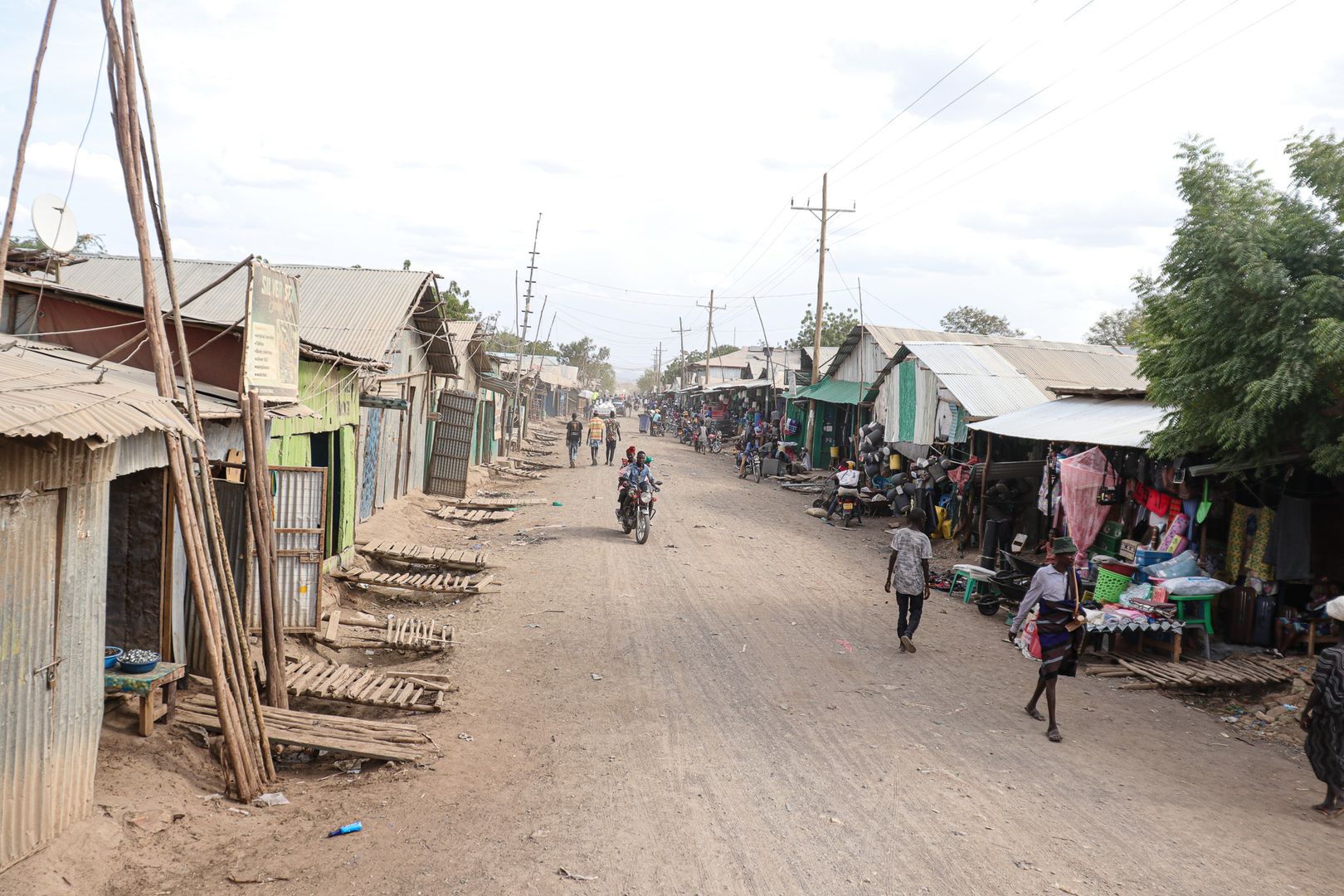Abigail, a 39-year-old Ethiopian citizen, lives in the Kakuma Refugee Camp with her husband and six children. She sought refuge in the camp in 2011, escaping war in Ethiopia.
Upon her arrival, she was provided with shelter, food, clothing, and access to medical services by various agencies.

Refugee Status Determination (RSD)is a legal and administrative process conducted by the government to assess whether an asylum seeker qualifies as a refugee according to the provisions outlined in the Kenya refugee laws.
Refugee Status Determination (RSD)
In spite of significant delays, Abigail successfully completed the Refugee Status Determination (RSD) process. Her application was rejected.
Due to the outcome of her refugee application, Abigail and her family were unable to access certain assistance provided to asylum seekers in the camp. Consequently, her circumstances took a challenging turn as she faced difficulties in meeting her family’s basic needs.
Despite both Abigail and her husband working various menial jobs to sustain their family, their combined earnings remain insufficient.
‘’I was registered for the project after meeting a DCA Community facilitator who explained about it, “she said.

From Savings to Entrepreneurship
Aware that the EU-funded cash assistance program will last for few months, she started saving a portion of the money to ensure continued support for her family’s needs beyond the project’s conclusion.
When I got the first transfer of $ 63 I saved $ 22 and spent the rest on household needs and on the second transfer of $ 63, I saved $ 42. With my savings amounting to $ 64, I decided to start a business selling food stuff and firewoodAbigail*
She currently earns between $1.4 and $2.1 per day, and she remains optimistic that her earnings will increase as her business expands and her client base grows.
Her dream is to be a successful businesswoman. She believes that her business will grow someday. The support, she says has helped her and her family meet most of their basic needs.
1,122 households in Kakuma and Dadaab



Abigail’s family is among the 1,122 households in Kakuma and Dadaab – two sprawling refugee camps that host more than 400,000 people, that benefit from Multi-Purpose Cash Transfers (MPCT) provided by The Kenya Cash Consortium (KCC).
The consortium, implementing the EU-funded project, is led by ACTED and the ASAL Humanitarian Network (AHN) and operates in collaboration with IMPACT Initiatives and DanChurchAid (DCA).
The Multi-Purpose Cash Assistance (MPCA) is direct and rapid, whilst allowing households to address their priority needs. This approach recognizes that each family is best positioned to understand its own requirements, and cash assistance empowers them to make choices that effectively fulfil those needs, leading to not just survival but also progress.
With payments made primarily through mobile payment services, families can buy food, medicine, and groceries helping them access basic needs until a full registration is completed.
Disclaimer
The name mentioned in this text has been changed to protect and safeguard the privacy and confidentiality of the project participant. Any resemblance to actual individuals, living or deceased, is purely coincidental.
Project Title: ‘The Kenya Cash Consortium – Locally Led Multipurpose Cash Response to Crisis Affected Communities in Kenya’
Period: 01 February 2023 – 30 September 2023
Amount: Euro 162,919.
Donor: European Union

